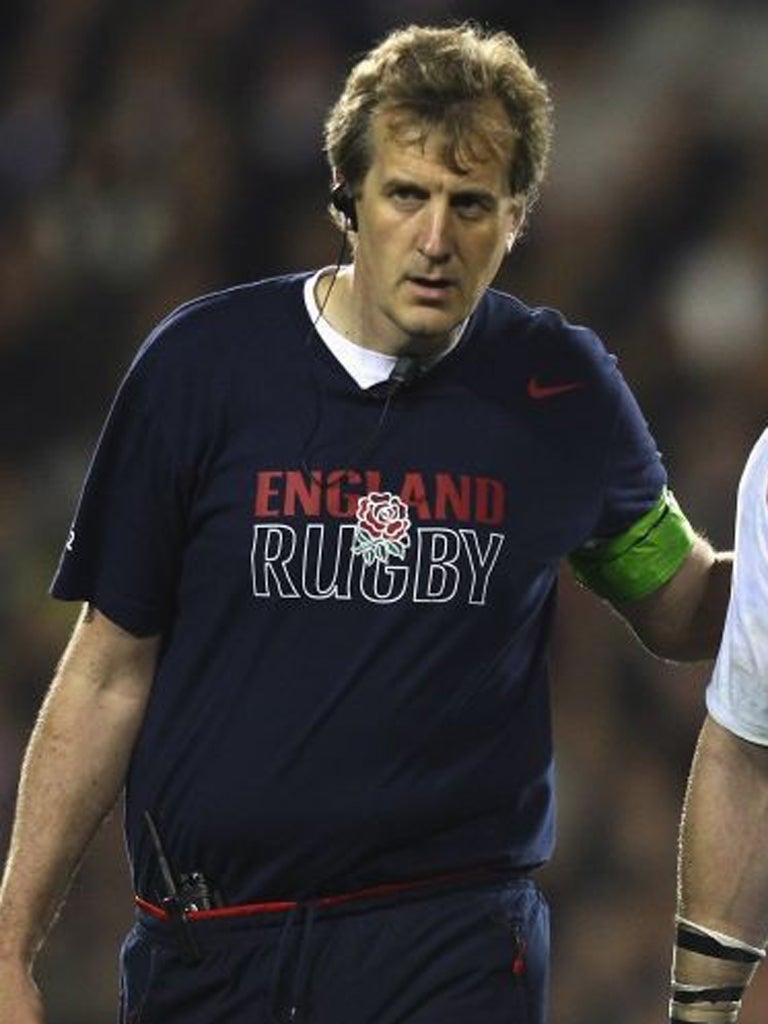Scotland call up Kalman as Low ruled out

According to latest figures compiled by what might be called the Rugby Football Union's health and safety team – Dr Simon Kemp, head of sports medicine at Twickenham is the man principally responsible for collating the statistics – the game is no more dangerous to life and limb now than it was a decade ago, despite the greater speed and dynamism of the people who play it for a living and the heavier collisions in every area of the field.
Try telling this to the Test coaches piecing together their squads for the Six Nations Championship, which is less than three weeks away.
Yesterday, the Scots called up the uncapped Glasgow prop Ed Kalman after Moray Low, one of their World Cup front-rowers, was ruled out of opening tranche of tournament matches with a knee injury.
At the same time, the Italians announced a 30-man squad in which their best back and current goal-kicker of choice, Mirco Bergamasco, was conspicuous by his absence.
Bergamasco had hoped to recover from shoulder surgery in time to play France in Paris – his home city for some time, thanks to his associations with both the Stade Français and Racing Metro clubs, but it seems he was whistling in the wind.
Wales, who are scheduled to show their hand tomorrow, will certainly be without the lock Luke Charteris, one of the stand-out players at the global gathering in New Zealand, for the entire tournament and may not see much of Alun Wyn Jones, another first-choice second-rower, either.
Ireland must do without the incapacitated Brian O'Driscoll and David Wallace – big losses in anyone's language – while England have concerns over Manu Tuilagi, Toby Flood, Courtney Lawes, Louis Deacon and Tom Wood, although the latter is not thought to be a serious doubt for the opening game in Edinburgh a fortnight on Saturday.
Still, facts are facts. "Despite the perception that players are bigger, faster and stronger, there isn't any evidence that the injury rate has increased since 2002," said Kemp. "Although the studies before 2002 were not as comprehensive, there is some evidence that there was an increase between 1995 (the start of the professional era) and 2001. But the risk has now stabilised."
In practical terms, however, that risk remains real. Premiership clubs can expect to lose the equivalent of 1.9 players to a three-week injury after each and every game.
Akapusi Qera, the outstanding Fijian flanker, has signed a new two-year deal with Gloucester.
Join our commenting forum
Join thought-provoking conversations, follow other Independent readers and see their replies
Comments
Bookmark popover
Removed from bookmarks